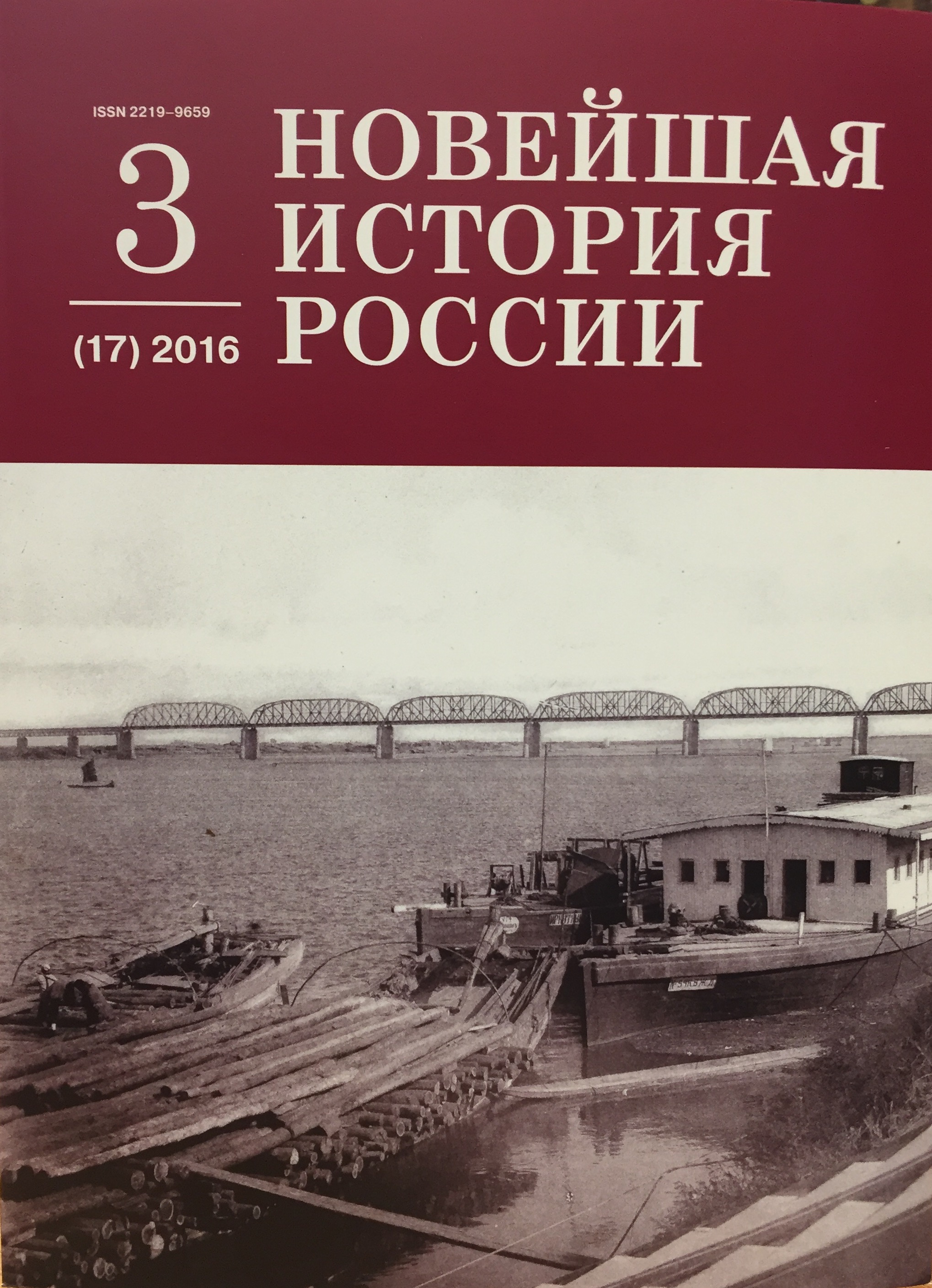«Репрессированная» память? Кампания против ленинградской трактовки блокады в сталинском СССР, 1949–1952 гг. (на примере Музея обороны Ленинграда)
Repressed Memory: The Campaign Against the Leningrad Interpretation of the Blockade in the Stalinist USSR, 1949–1952 (A Case Study of the Museum of the Defense of Leningrad)
Author(s): David BrandenbergerSubject(s): History, Military history, Social history, Recent History (1900 till today)
Published by: Издательство Исторического факультета СПбГУ
Keywords: Leningrad Affair; Stalinism; Museums; blockade; siege; Second World War; A. A. Kuznetsov; P. S. Popkov; Ya. F. Kapustin; historical narrative; memory
Summary/Abstract: The 1949–1952 «Leningrad Affair» triggered a major wave of repression directed against that city’s institutions promoting the memory of the 1941–1944 blockade. Books were withdrawn from circulation, prominent historians were accused of wrongdoing, and the museum dedicated to the blockade was liquidated. The historiography on the subject is underdeveloped and today offers only two major explanations for this purge of local historical memory. Some specialists advance an intentionalist argument, according to which the campaign against local commemorations stemmed from I. V. Stalin’s long-standing distrust of the city. Others supply a functionalist argument, according to which local historical memory became a casualty of the purge of the local party leadership between 1949–1952, inasmuch as A. A. Kuznetsov, P. S. Popkov, etc. figured prominently within local commemorative efforts. On the basis of documentation from both the former party archive in Leningrad and the former Central Party Archive in Moscow, this case study of the liquidation of the blockade museum argues that the city’s commemorative efforts clashed with a number of central ideological priorities emerging after 1945 about how party leaders were to be depicted and how the all-union war was to be remembered.
Journal: Новейшая история России
- Issue Year: 6/2016
- Issue No: 17
- Page Range: 175-186
- Page Count: 12
- Language: Russian

